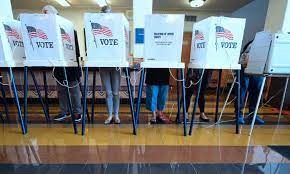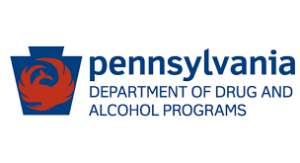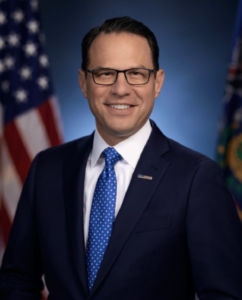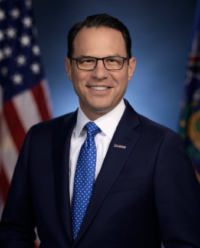PA Health Policy Update for November 10
The following is an update of selected state health policy developments in Pennsylvania from November 6 – 10. (Some of the language used below is taken directly from state documents.)
2023 General Election
Pennsylvania voters went to the polls this week to cast their ballots for a series of judicial, county, and municipal elections. Democrat Dan McCaffrey defeated Republican Carolyn Carluccio in a highly contested and expensive race to fill a vacancy on Pennsylvania’s Supreme Court. Democrats also won state-wide races for the superior and commonwealth courts. For detailed state and county election results, visit the Department of State’s website here.
Governor Shapiro
Governor Shapiro announced this week his administration will require all commercial insurers to “meet their obligations under Pennsylvania law” to provide coverage for autism benefits. Find additional information in this Pennsylvania Bulletin notice published by the Pennsylvania Insurance Department and this press release issued by the Shapiro administration.
General Assembly
The state House of Representatives and Senate were in recess this week. Both chambers will return to Harrisburg next week and be in session Monday, November 13 through Wednesday, November 15.
Department of Human Services
The Department of Human Services (DHS) has issued several medical assistance bulletins relating to prior authorization for pharmacy services.
- Prior Authorization of Androgenic Agents
- Prior Authorization of Antihemophilia Agents
- Prior Authorization of Dupixent (dupilumab)
- Prior Authorization of Hereditary Angioedema (HAE) Agents
- Prior Authorization of Hepatitis C Agents
- Prior Authorization of Antidepressants, Other
- Prior Authorization of Anxiolytics
- Prior Authorization of Immunomodulators, Atopic Dermatitis
- Prior Authorization of Lipotropics, Other
- Prior Authorization of Macular Degeneration Agents
DHS has published final notice of the fee schedule rates for community participation support, Needs Group 5 Residential Habilitation and group music therapy, art therapy and equine assisted therapy services funded through the Consolidated, Community Living and Person/Family Directed Support (P/FDS) Waivers. Find additional information in this Pennsylvania Bulletin notice.
DHS is issued a Remittance Advice Alert notifying providers that a claims recovery was done to recoup monies paid in error due to date of death discrepancies uncovered in a recent audit.
DHS has published an updated Medicaid Managed Care Organization (MCO) Directory.
Insurance Department
The Pennsylvania Insurance Department (PID) has announced the beginning of the open enrollment period for Pennie, Pennsylvania’s official health insurance marketplace, for 2024 coverage. The enrollment period will last until December 15. Find additional information in this PID press release.
Department of Drug & Alcohol Programs
The Department of Drug & Alcohol Programs (DDAP) held its Emerging Drug Trends Symposium this week. This annual event gathers key stakeholders to review current drug trends, innovative approaches to connect people who use drugs to treatment and other social services, identify gaps in services, and provide a venue for stakeholders to network. Find additional information in this DDAP press release.
Medicaid Continuous Coverage Unwinding
DHS is maintaining an online dashboard with Medicaid continuous coverage unwinding data. The data on this dashboard tracks the renewal process by county and zip code. Additional updates and resources about the Medicaid eligibility renewal process may be found here.
DHS has published the following resources to help providers educate patients about Medicaid renewals and what to do if they are no longer eligible for Medicaid.
Stakeholder Events
DOH – Newborn Screening and Follow-Up Technical Advisory Board – November 16
The Newborn Screening and Follow-Up Technical Advisory Board will hold a public meeting on Thursday, November 16 from 10:00 a.m. to 1:00 p.m. The meeting will be conducted in person and virtually. Find additional information and details on how to participate in this Pennsylvania Bulletin notice.
DOH – HIV Community Prevention Planning Committee – November 29
The Human Immunodeficiency Virus (HIV) Community Prevention Planning Committee will hold a public meeting on Wednesday, November 29 from 9:00 a.m. to 4:30 p.m. The meeting will be conducted in person and virtually. Find additional information and details on how to participate in this Pennsylvania Bulletin notice.

 Department of Human Services
Department of Human Services

 Governor Shapiro
Governor Shapiro 





